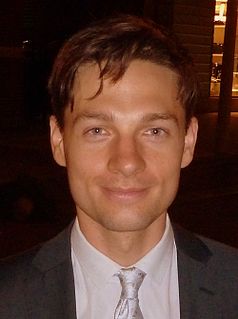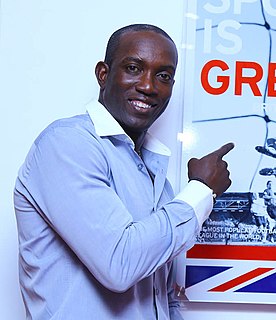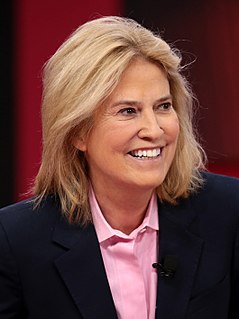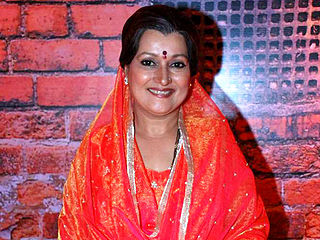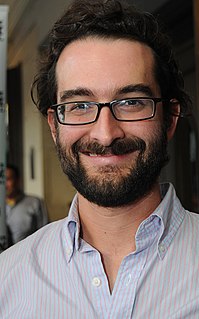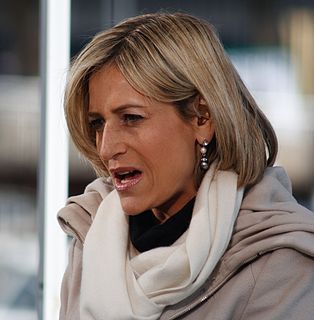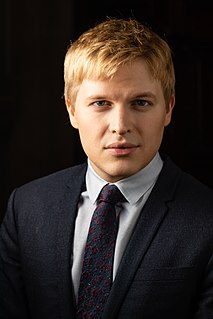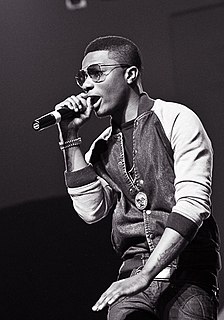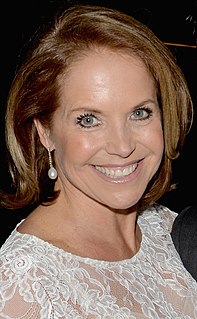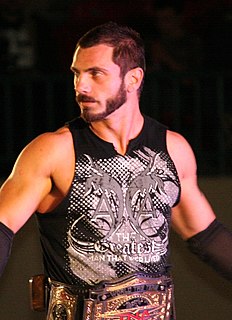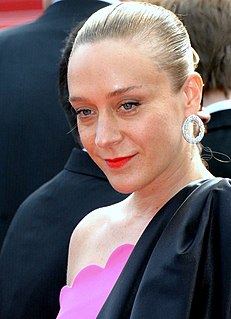A Quote by Gregory Smith
Related Quotes
I figure no matter what interview I do, the real good 'journalists' are going to find the completely irrelevant quotes that will drum up some controversy and stick it on their page to get some clicks and completely miss the real context of what the interview is about. That's what we do nowadays and call it 'journalism.'
This uses a lens system, which I have used for years in various different ways, but I've never used it in the context of an interview. This is the very first time that I've done that. It's a lens called The Revolution, so it allowed me to interview Elsa [Dorfman] and actually operate the camera. Well one of the cameras, because there were four cameras there.
